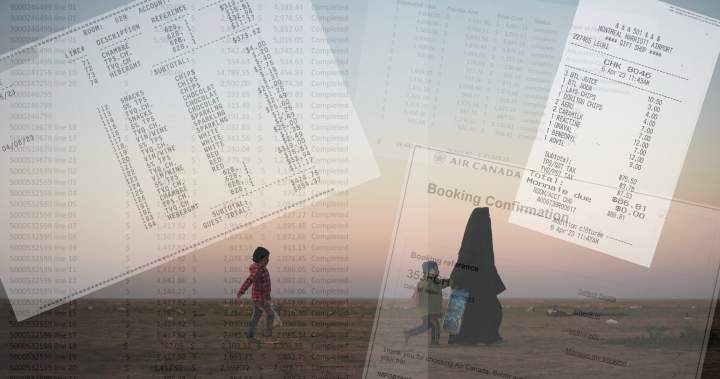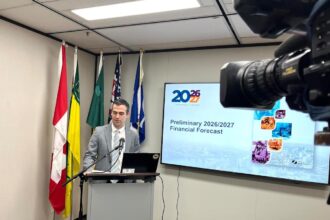In an extraordinary revelation that has sparked nationwide outrage, Canadian taxpayers have unwittingly funded a lavish lifestyle for ISIS returnees, complete with fine wines, premium confectionery, and extravagant room service bills totaling over $170,000. Documents obtained through access to information requests reveal a disturbing pattern of government expenditure that raises profound questions about Canada’s approach to handling citizens who joined terrorist organizations abroad.
The expenses, meticulously detailed in government records, show that between 2018 and 2023, the federal government authorized payments covering luxury hotel accommodations, alcohol purchases, and various personal indulgences for several women who had previously left Canada to join ISIS in Syria and Iraq. These women, now repatriated under controversial circumstances, have benefited from what critics are calling “five-star deradicalization.”
“This is beyond comprehension,” said National Security analyst Michael Devereux, who reviewed the financial documents. “While ordinary Canadians struggle with inflation and housing costs, we’re seeing government funds directed toward premium accommodations and luxuries for individuals who made the conscious decision to join a terrorist organization responsible for countless atrocities.”
The Canada News investigation uncovered that one returnee’s three-month stay at a boutique hotel in Toronto accumulated over $42,000 in charges, including daily room service, spa treatments, and multiple orders of imported chocolates and wines. Security experts interviewed for this report indicated that such expenditures are unprecedented in deradicalization programs globally.
Internal documents from the Department of Public Safety reveal heated debates among officials about the appropriateness of these expenses. One senior bureaucrat wrote in a redacted memo: “While reintegration remains our objective, the current spending pattern raises serious ethical concerns about resource allocation and message consistency.”
Conservative critics in Parliament have seized on these revelations, with Opposition Leader Pierre Poilievre demanding immediate accountability. “This government has chosen to reward terrorist sympathizers with luxury while everyday Canadians face economic hardship,” Poilievre stated during Question Period. “This isn’t reintegration; it’s rewarding the unforgivable.”
The government has defended its approach, with Public Safety Minister Dominic LeBlanc insisting that the repatriation program represents Canada’s commitment to rehabilitation over punishment. “These are complex cases requiring nuanced solutions,” LeBlanc told reporters. “Our priority remains ensuring these individuals do not pose future security threats, which sometimes requires unorthodox approaches.”
However, terrorism and World News experts remain skeptical about the effectiveness of such costly interventions. Dr. Amira Khalid, a specialist in deradicalization programs at the University of Toronto, noted: “Effective reintegration typically involves structured psychological support, monitored community engagement, and clear accountability—not luxury accommodations and indulgences that may actually reinforce a sense of entitlement.”
The controversy comes amid growing CO24 Politics debates about Canada’s broader counterterrorism strategy and repatriation policies for foreign fighters and their families. Security agencies have documented approximately 250 Canadian “extremist travelers” since 2012, with about 60 having returned to Canada according to the most recent public figures.
Financial oversight bodies have now launched formal investigations into the expenditures, with the Auditor General’s office confirming a special audit of the repatriation program’s financial management. Parliamentary committees are also expected to conduct hearings on the matter in the coming weeks.
As this story continues to unfold, Canadians are left wondering: In our attempt to rehabilitate those who once rejected our values, have we compromised the very principles of fiscal responsibility and justice that define us as a nation?










